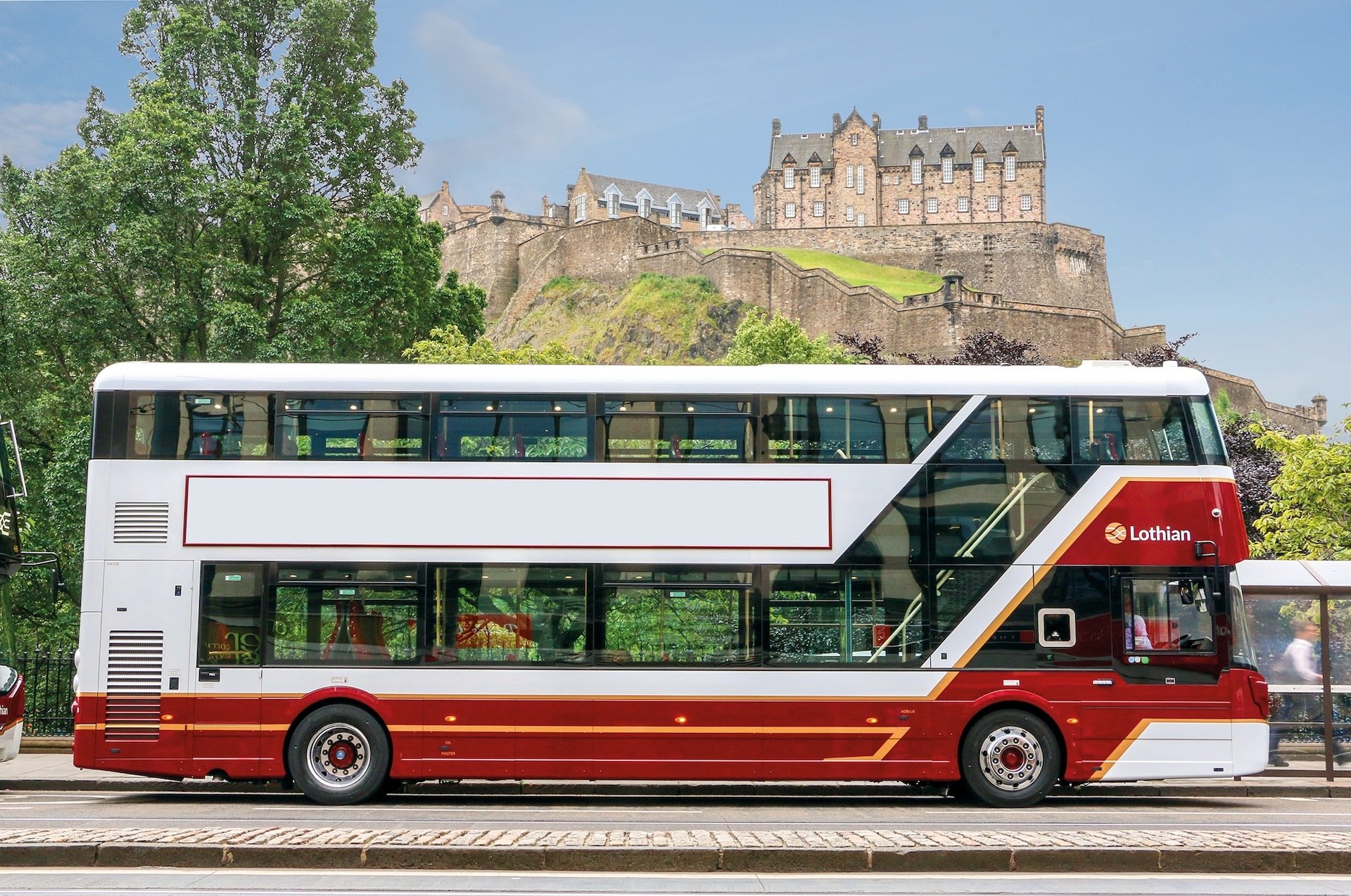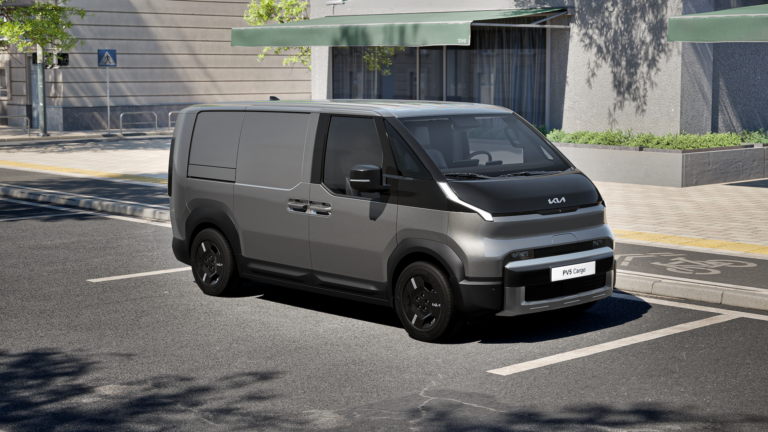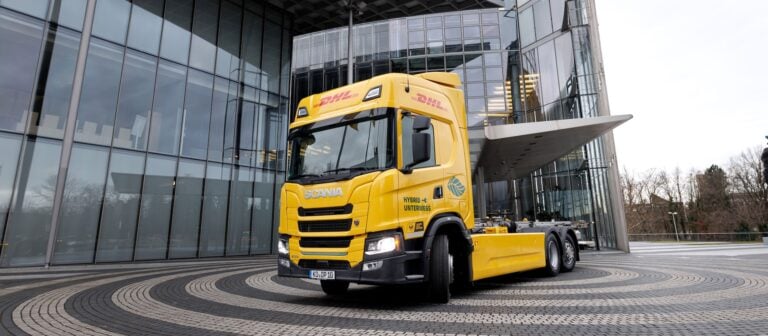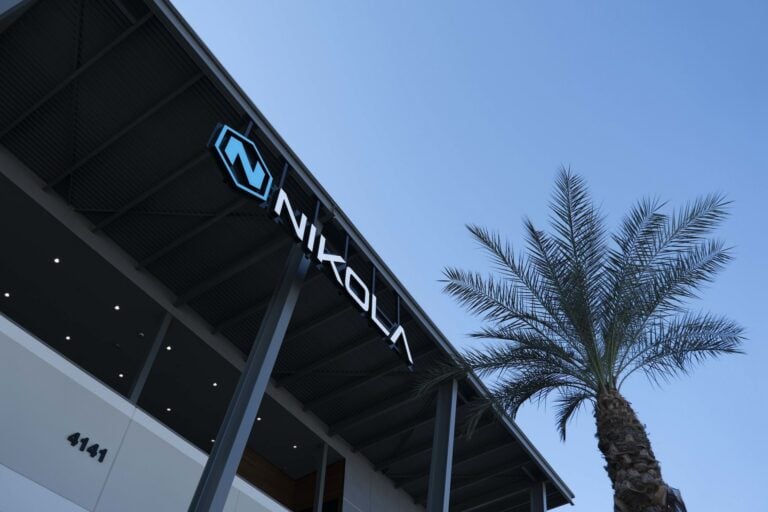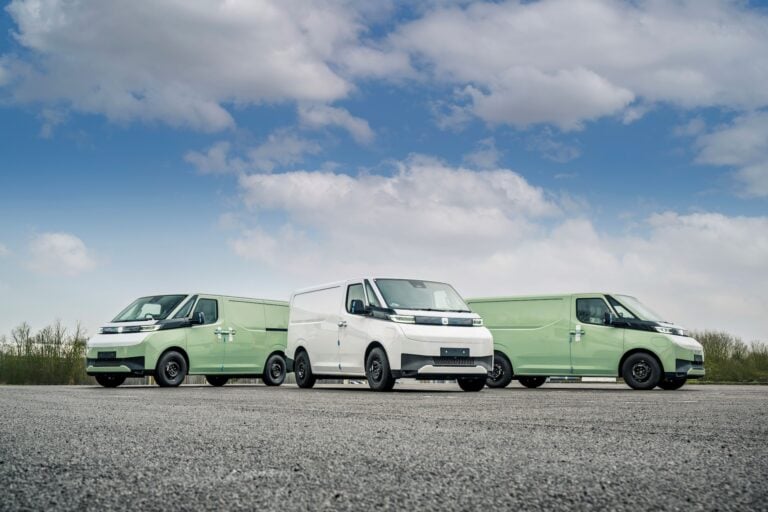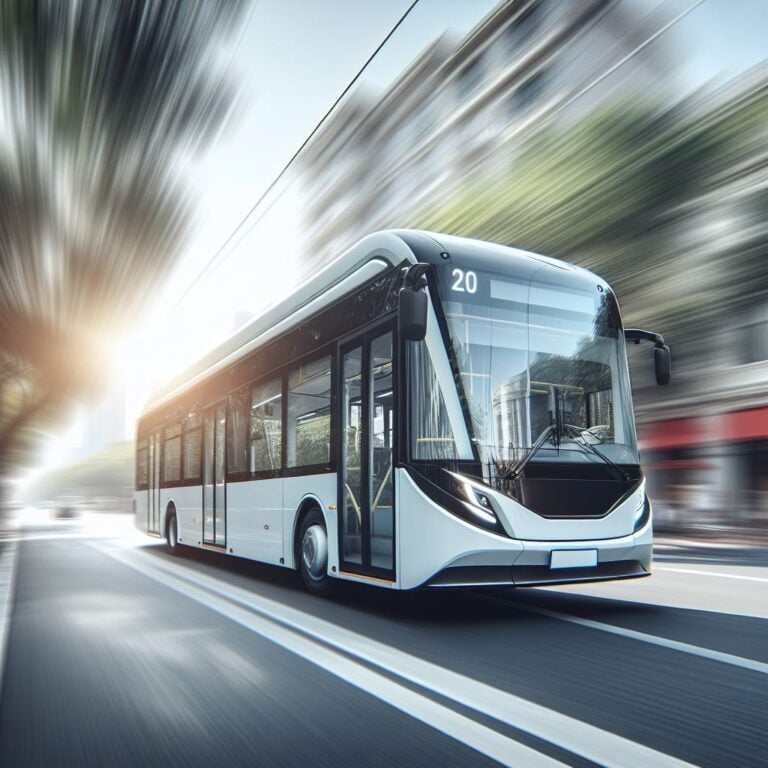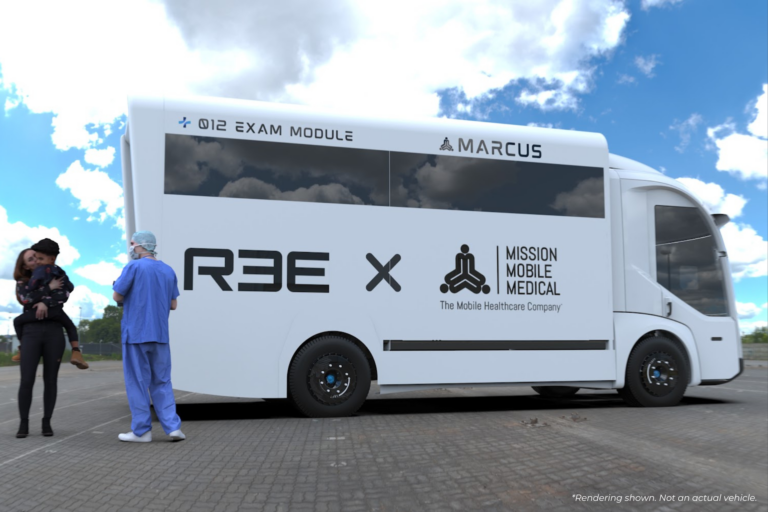Kleanbus, a leading bus repower company, has embarked on a significant pilot project with the UK’s largest municipal bus company, Lothian Buses. The venture aims to convert 18 of Lothian’s mid-life diesel Volvo B5TL buses to electric, aligning with the latter’s sustainability goals.
Why It Matters
Edinburgh-based Lothian Buses recently publicized its ‘Driving towards Net Zero’ strategy, aiming for an entirely zero-emission bus fleet by 2035. This collaboration with Kleanbus underscores a crucial move toward this eco-conscious commitment. As the largest municipal bus company in the UK, Lothian Buses sets a potential trend for other operators to follow.
Key Points
- Kleanbus will employ its advanced modular electric platform for the conversions, optimizing battery usage to the vehicle’s duty cycle.
- The Kleanbus e-powertrain module (EPM) promises a swift, cost-efficient conversion of buses, regardless of their size, to zero emissions.
- Compared to buying new electric buses, Kleanbus’ electric repowered buses present a more economical and sustainable solution, extending the bus’s lifespan and eliminating unnecessary scrappage.
- The rapid conversion process touted by Kleanbus ensures buses can be repowered and returned to service within two weeks.
- Lothian Buses’ drive for sustainability has already reduced approximately 12,000 tonnes of CO2 from its carbon footprint over a decade.
Bottom Line
The Kleanbus-Lothian Buses collaboration underscores the potential of upcycling existing diesel fleets. Repowering provides a practical alternative to purchasing new electric buses, enabling operators to prolong the operational life of their vehicles, save on costs, and reduce environmental impact. As Lothian Buses advances its net-zero strategy, partnerships like these signal a promising shift in public transportation, directly contributing to local air quality improvements and broader sustainability goals.

